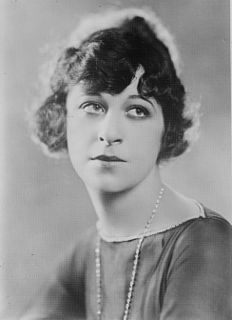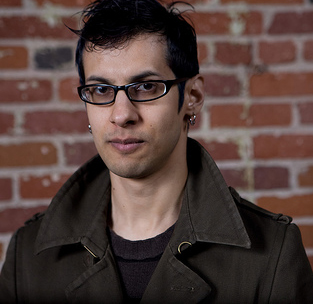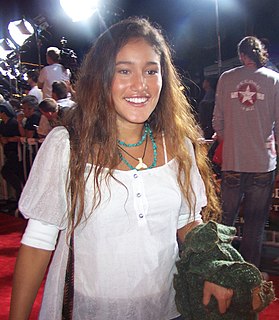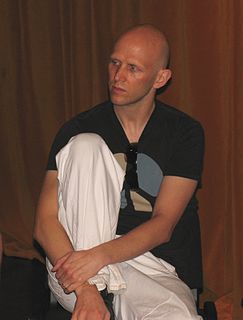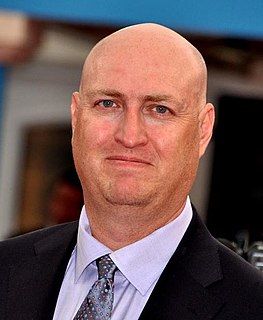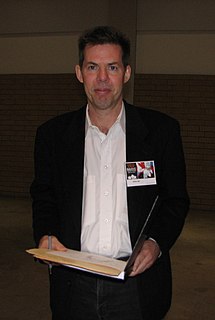A Quote by Jeffrey Dean Morgan
I love the challenge of having an audience know what you're thinking without having to tell the audience what you're thinking.
Related Quotes
You can make a film in a way that, when the audience leaves the theater, they leave with certain answers in their head. But when you leave them with answers, you interrupt the process of thinking. If, instead, you raise questions about the themes and the story, this means that the audience is on its way to start thinking.





